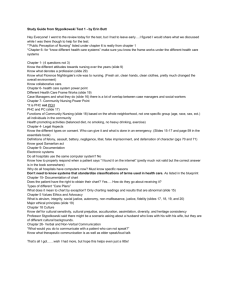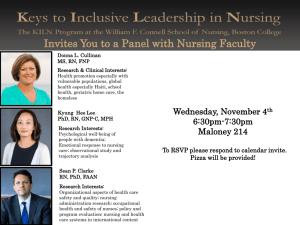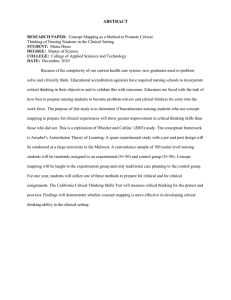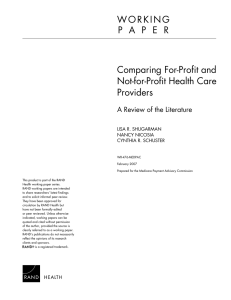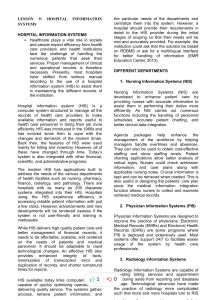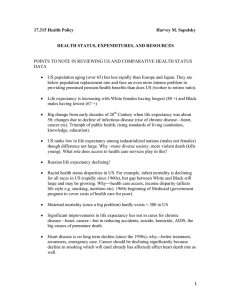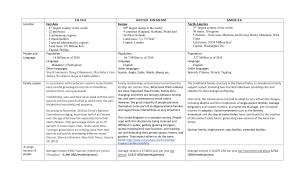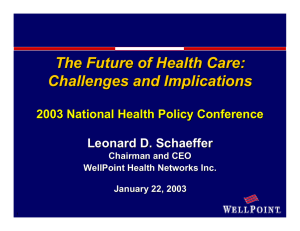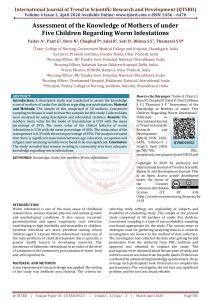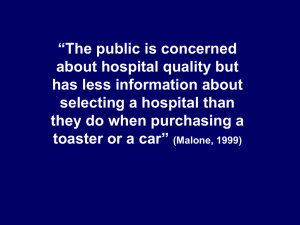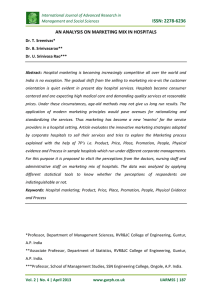Information about Health-Care Providers Trudy Lieberman Consumers Union
advertisement
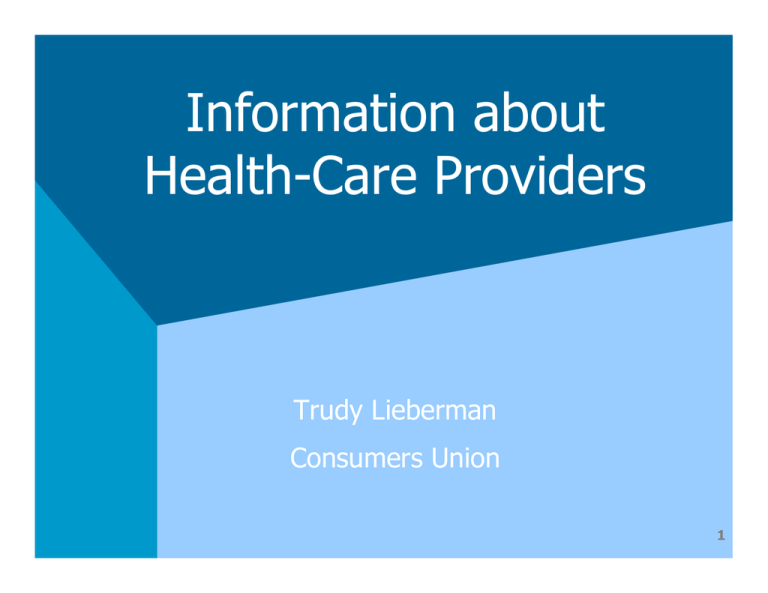
Information about Health-Care Providers Trudy Lieberman Consumers Union 1 I. Conventional Wisdom Going back to the early days of the consumer movement which dictates that if only consumers had good information, the market place would work better, maybe even perfectly. 2 Conventional Wisdom (cont.) • All we had to do was put labels on products warning of dangers or disclose how a product worked or perhaps even how much the true cost was. • If we told people that supermarkets or restaurants had insects or rodent infestations, they would clean up or lose business. • All of their efforts assumed that the consumer was king or queen and by voting with their feet they could make a difference in the marketplace. • This is a very powerful assumption that fits with our free enterprise ethic. 3 II. Fast Forward These Beliefs… to health care in the early 1990’s when it becomes clear we weren’t going to reform our health system. Attention suddenly turned to consumer information in health. If we couldn’t make the system better either legislatively or through the regulatory process, then maybe consumers could by voting with their feet choose the best hospitals, doctors, HMOs, and nursing homes. 4 III. Problems with this Notion • The underlying assumption is that the same product works for everybody, that health care is like buying a toaster. • Second difference is that buyers of toasters, cars, or washing machines were skeptical about the marketplace. They have concerns about manufacturers and retailers and whether they were getting an honest deal. 5 Problems with this notion as it applies to health (cont.) • The information movement, if you can call it that has, run into a very entrenched medical establishment that resists change. Public disclosure is not something they like and are not terribly receptive to having consumers or patients questioning them. • Consumers of medical care are not always in a position to choose products and services. • It’s not realistic to think that even a few educated consumers, if they had the right information, can make hospitals or nursing homes better and safer. 6 Reaction to Vincent Mor Paper 7 VI. Need Out-of-the-Box Thinking Even if we assume that the metrics for hospital and nursing home quality are the right ones - can we just put up a web site and hope consumer get it? 8 Thinking out of the box in terms of dissemination • We might look to the techniques of the agricultural extension service in the early 20th century that taught farmers about crops and their wives about safe food preparation and other things. • One on one meetings and counseling • Group meetings and workshops 9 VII. Unintended Consequences of Information 10
